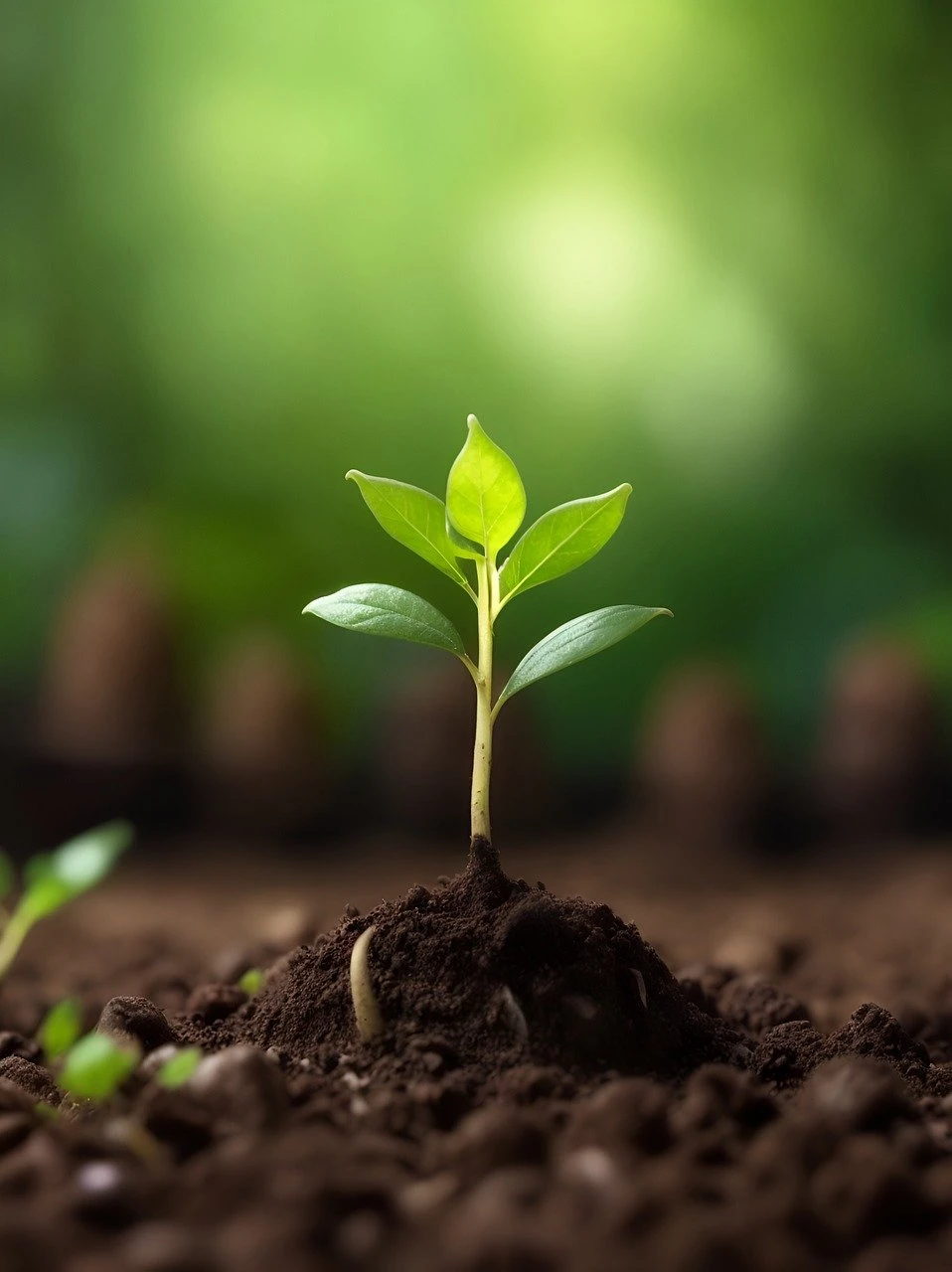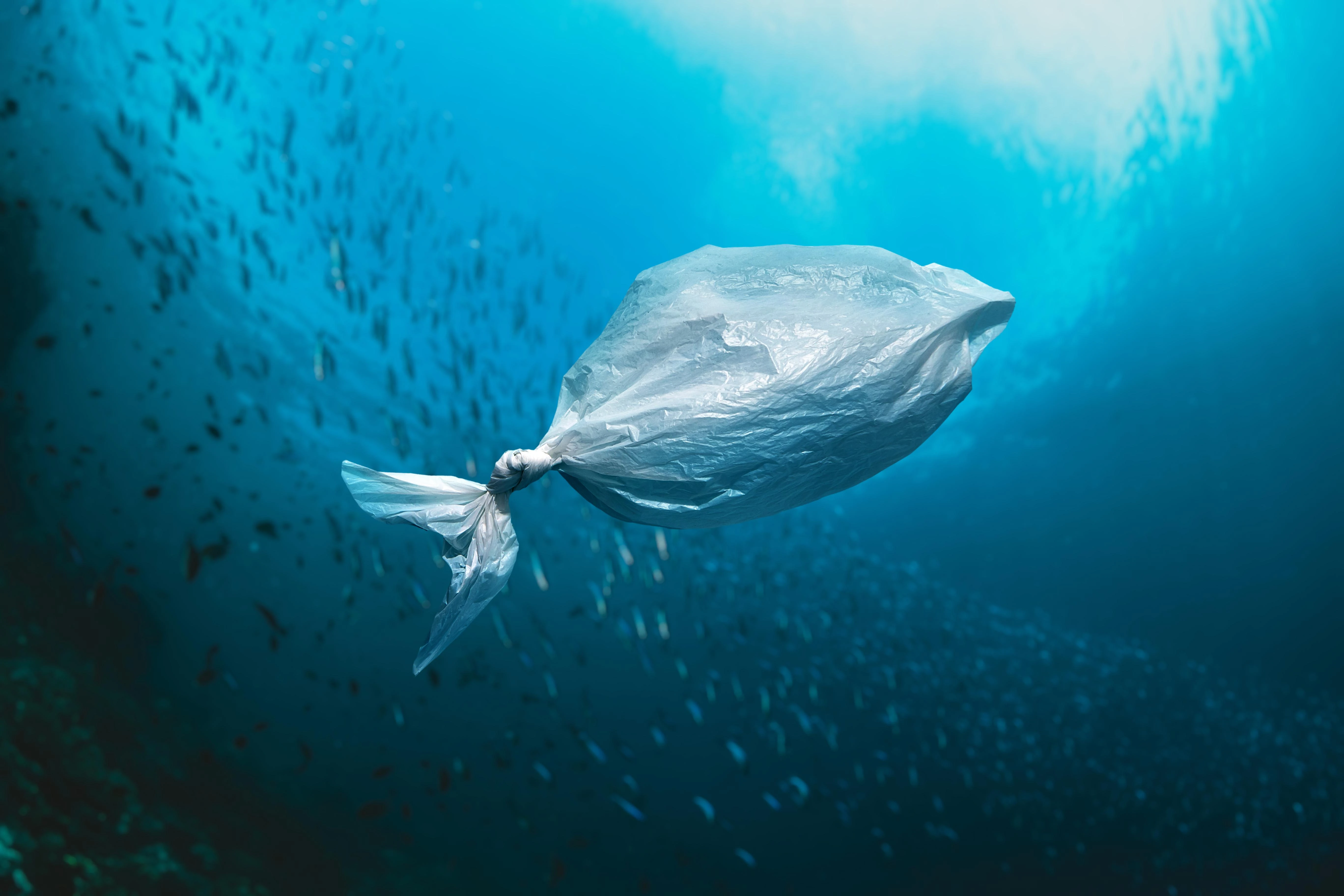Is reusing plastic water bottles safe?



Anusuya Tamilrajan
Enironmental Enthusiast May 07
Plastic pollution is one of the most dangerous environmental hazards of our day. Millions of tons of plastic trash flow into the oceans annually, damaging marine life, ecosystems, and even human health. If we do nothing, the future of our oceans and life as we know it could be at serious risk.
The Scale of Marine Plastic Pollution
Among all the forms of marine pollution, plastic is perhaps the most prominent and lasting marine pollutant. In contrast to organic waste, plastic does not biodegrade; it degrades into microplastics that persist in the water for centuries. These small pieces are ingested by fish and other aquatic animals, entering the food chain and ultimately having an impact on human health.
Plastic pollution facts are staggering: by 2050, it's projected that there may be more plastic than fish in the ocean by weight. Plastic marine pollution already impacts over 700 species, ranging from plankton to whales.

Real Consequences for Marine Life
The impact on marine life is devastating. Animals often mistake plastic for food, leading to injuries in their insides, starvation, and death. Others get tangled in discarded fishing nets or plastic bags. A famous case study of marine pollution was that of a whale found with over 80 plastic bags in its stomach, unable to digest its food and slowly starving to death.
If we fail to halt the rising wave of ocean pollution, these accidents will become more prevalent.
Causes of Marine Pollution
The reason for marine pollution is mostly man-made:
Plastic finds its way into the ocean via rivers, stormwater drains, and directly from land. Once on the seafloor, it migrates rapidly to impact marine habitats worldwide.
Why This Matters to Us
The impacts of ocean plastic pollution don't stop with sea life. As fish ingest microplastics, the plastics are ingested by us. Microplastics have been discovered in salt, tap water, and even the human bloodstream. Their long-term impact on human health is still being researched, but preliminary research suggests hormonal imbalance, inflammation, and other hazards.
What Can We Do?
If you are wondering how we might decrease plastic pollution or how to avoid plastic pollution, the solution is in both individual and collective action.
We also need to think about how we can avoid marine pollution at the system level through education, innovation, and lawmaking.
The battle against plastic pollution is now. If we don't act now, ocean pollution will intensify, causing irreparable harm to ecosystems, economies, and public health. But with awareness and sustained effort, we still have time to make a change.
The ocean provides us with life. It's time we pay back the favor, by keeping it clean.
Source: The Guardian, Center for Biological Diversity
#PlasticPollution #MarineLife #OceanPollution #MarinePollution
Related Conversations